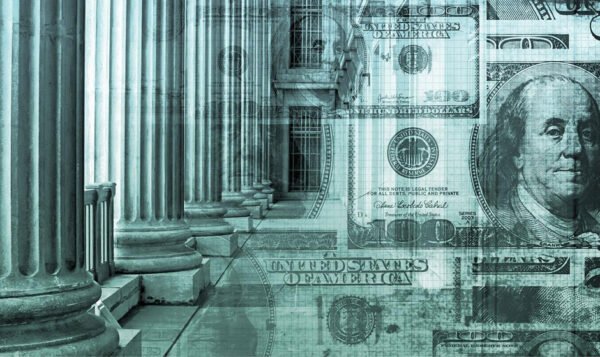How Bad Credit is Shaping Consumer Behaviour

Financial stability is often synonymous with abundant opportunities, however, we often witness its direct impact on an individual’s bad credit. In the 21st century, the impact of bad credit on consumer behaviour has further increased and demands immediate attention.
Although the financial market offers credible sources for bad credit loans that are valuable for emergency uses, many of us find ourselves needing help with bad credit such as late payments in BNPL schemes and defaults.
Consumers with bad credit, through financial missteps such as late payments or excessive debt, find it difficult to interact with the financial market, manage their spending or plan for the future.
In this article, we will understand how bad credit is shaping consumer behaviour. Besides this, we will also build strategies that will help you respond better to these situations, making you adaptable and financially literate.
Psychological Impact of Bad Credit
Beyond being a mere financial obstacle, a low credit score can be a constant source of stress and social stigma for many of us. Burdened by past financial mistakes, many of us develop a cautious approach towards financial decisions.
This stress further influences consumer behaviour as many adopt a conservative approach towards spending. Consumers are far more risk-averse as they primarily prioritise essentials over luxuries.
They live in the constant fear of exacerbating their credit situation, leading to developing a thoughtful and restrictive approach towards financial management.
Change In Spending Patterns
In all likelihood, consumers who are burdened with bad credit, notice their spending patterns being altered significantly. Lack of access to traditional credit sources such as credit cards and loans, many of these individuals rely heavily on cash transactions or prepaid options.
However, such sources offer lesser flexibility and are associated with higher costs, further adding to the stress. For instance, many individuals find themselves relying on alternative sources such as payday loans or cash advances, famously known for their high-interest rates and fees. Such sources can further strain your financial woes, leading to an endless cycle of debt that can be difficult to escape.
Furthermore, having a poor credit score can make it all the more difficult for people to make significant life purchases like vehicles or homes. This change can have wider economic ramifications, such as lower consumer spending and slower growth in important market segments.
Adopting Better Financial Solutions
Under the pressure of bad credit scores, traditional financing options are often not an option, leading to the rise in demand for alternative financing solutions.
Peer-to-peer lending platforms have made it easier for people to borrow money from others without going through a traditional financial institution. Not only does this approach bypass credit score barriers, but it also introduces a personal element to the borrowing process, potentially offering better terms and lower interest rates.
Another innovative financing option is crowdfunding for personal needs. Crowdfunding allows you to ask for financial support from your community or the general public for a specific goal or emergency. You can use this method to pay for medical bills or even to start a small business. It’s a great way for people to tell stories and build personal connections as a foundation for financial support.
Even though these innovative financing options give those with poor credit new opportunities, they also highlight how important financial literacy is. You also need to use caution while making decisions to prevent falling into new financial traps.
Focus On Financial Literacy
While negative credit can be difficult to deal with, it throws a spotlight on financial literacy. Many people are starting to educate themselves proactively about financial planning, management of debt and credit scores.
This enables them to take charge of their financial condition, strive towards credit rehabilitation and make more informed spending decisions.
To Sum It Up
Poor credit has a significant impact on consumer behaviour, affecting all facets of daily living and financial decision-making. It encourages people to negotiate the complexity of contemporary financial institutions with a spirit of invention and resilience in addition to caution and constraint.
For individuals with poor credit, the path to financial wellness is paved with obstacles, but it also presents chances for development and education.
As society continues to grapple with the nuances of credit and its impact on consumer behaviour, the lessons we learn from the challenges that come with bad credit can provide valuable insights into the importance of financial literacy.



